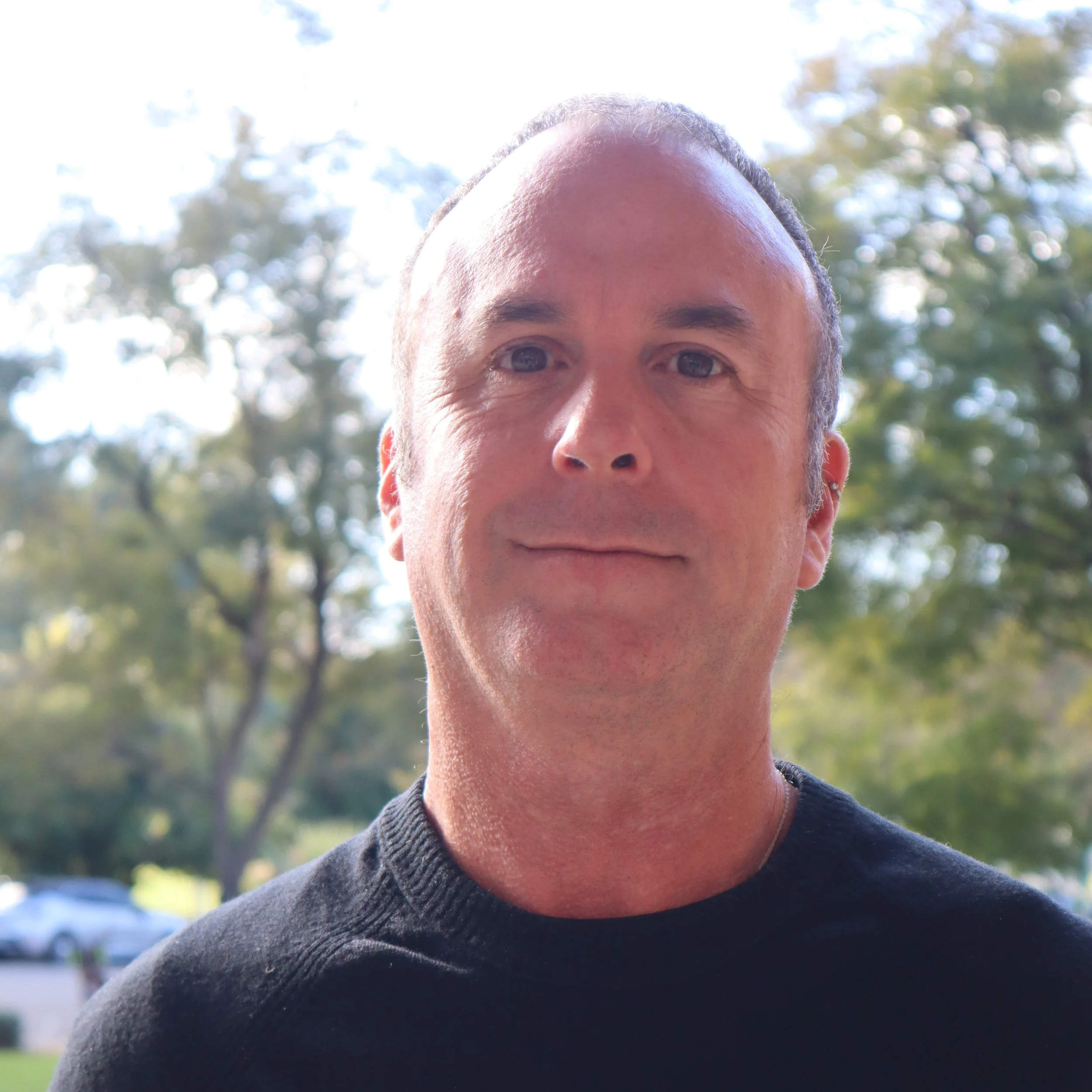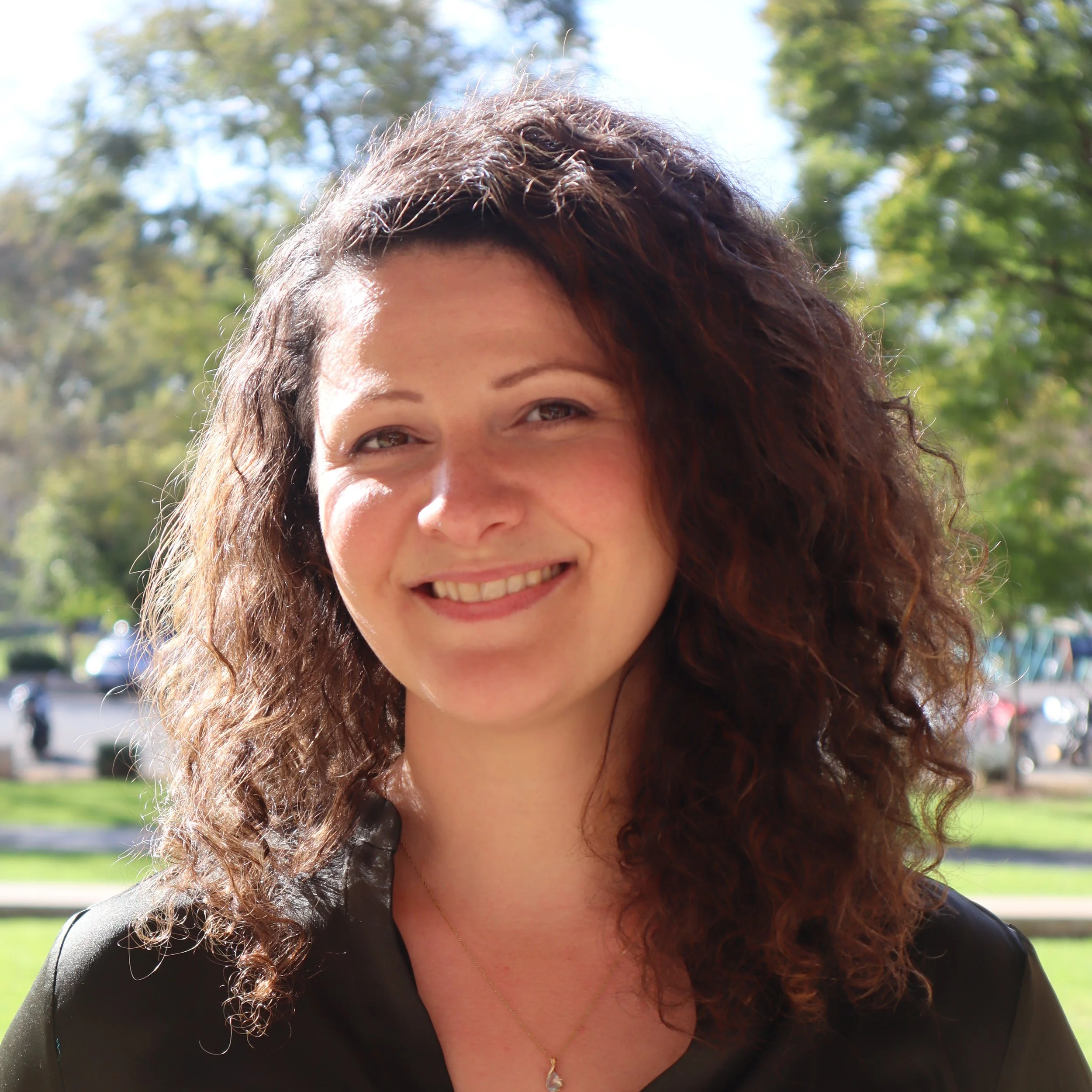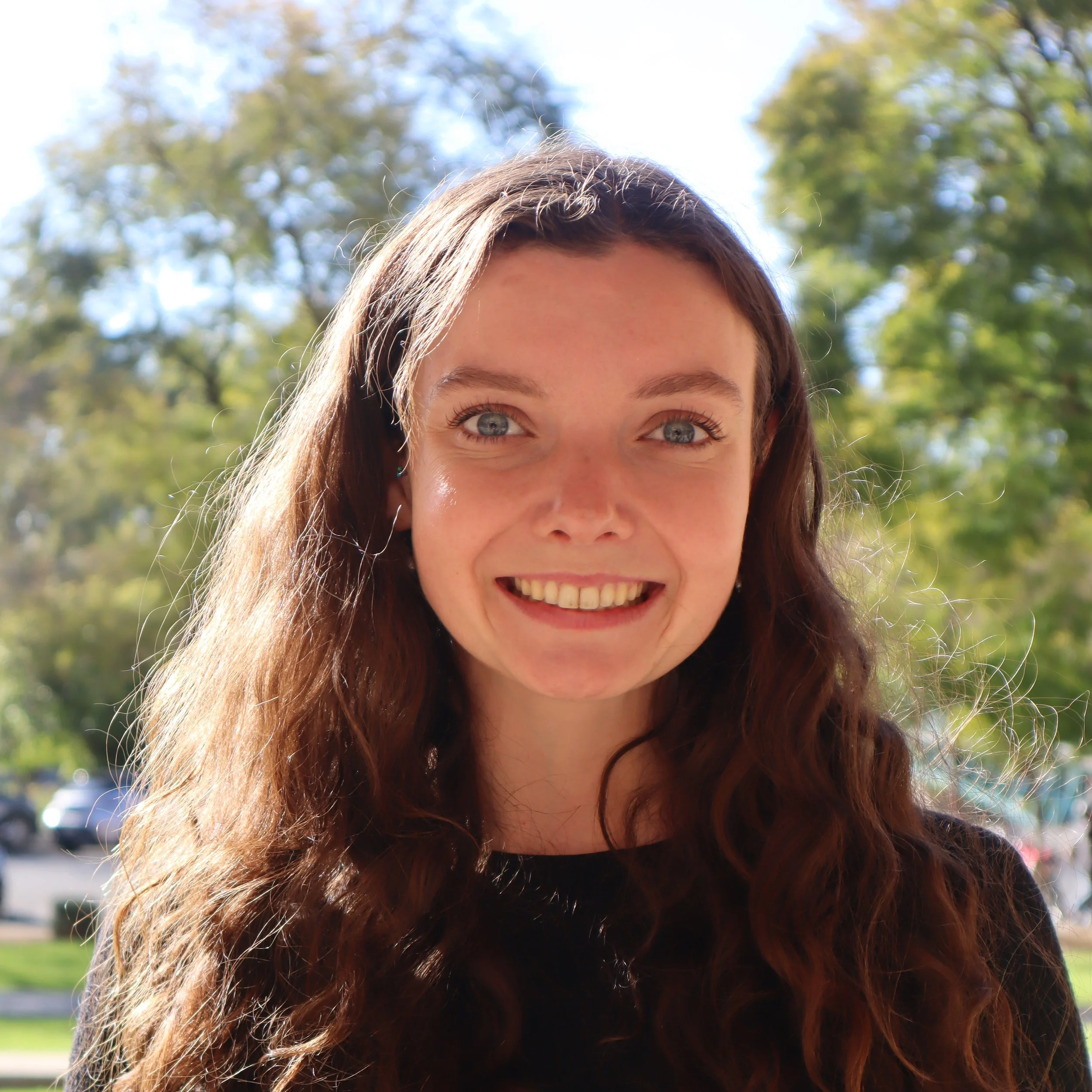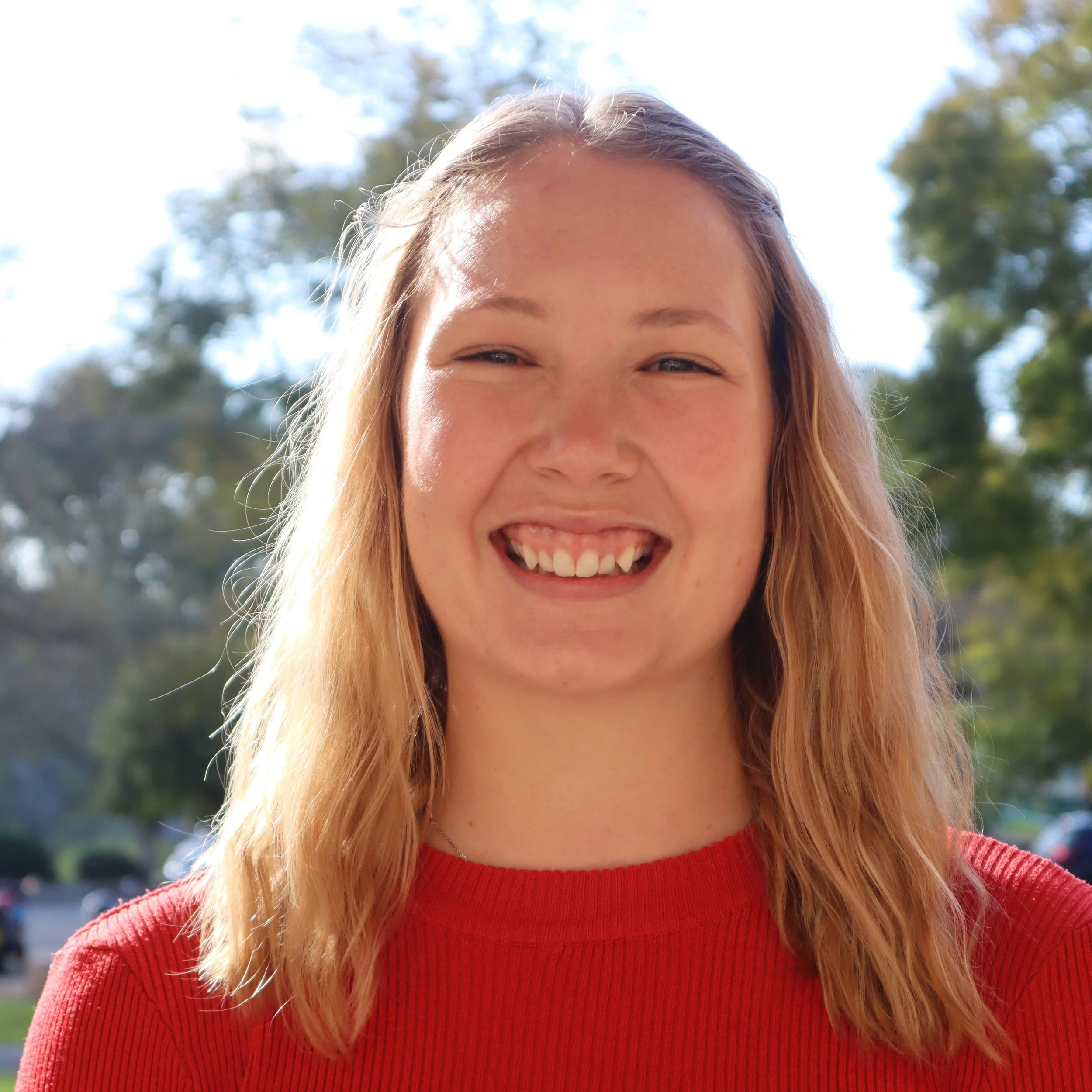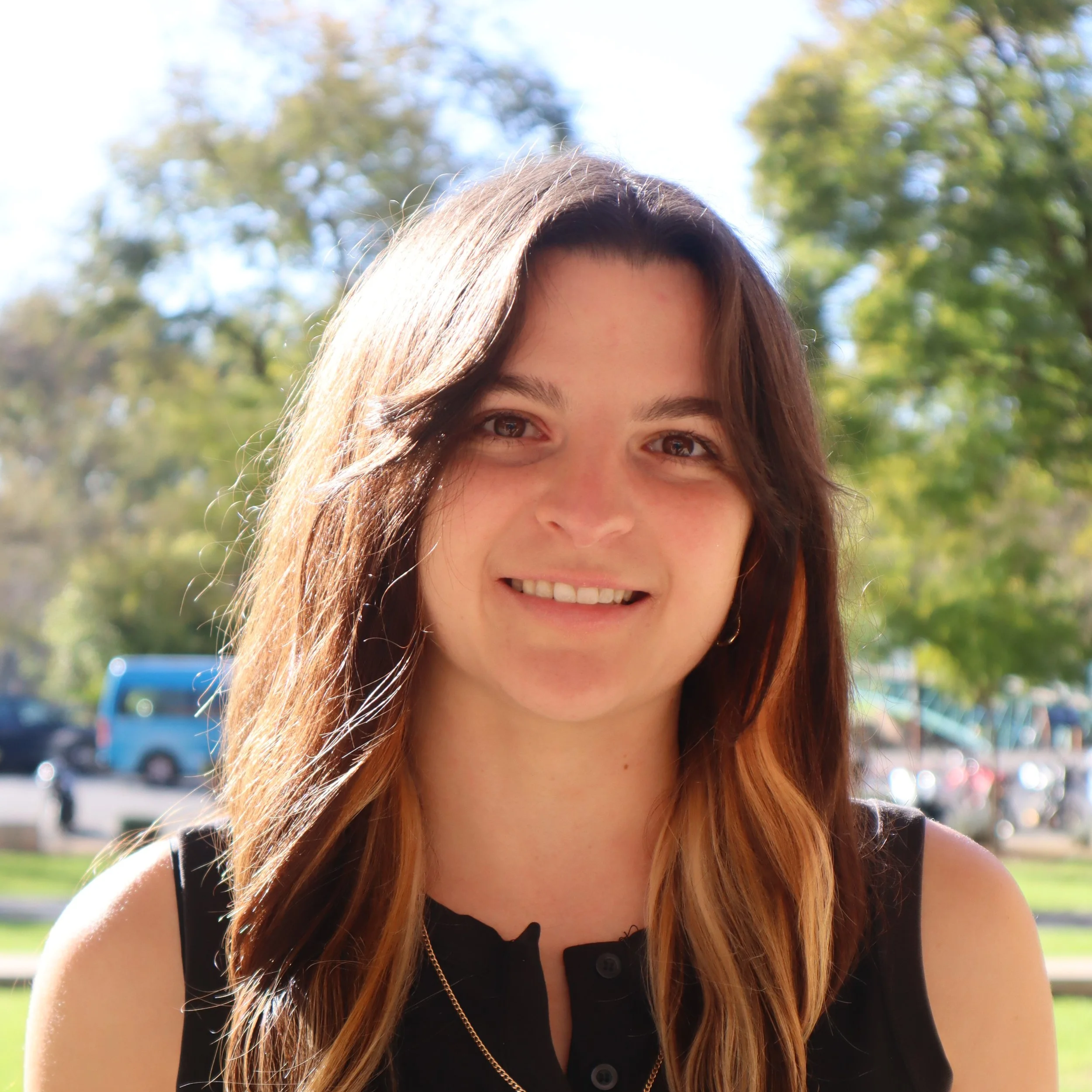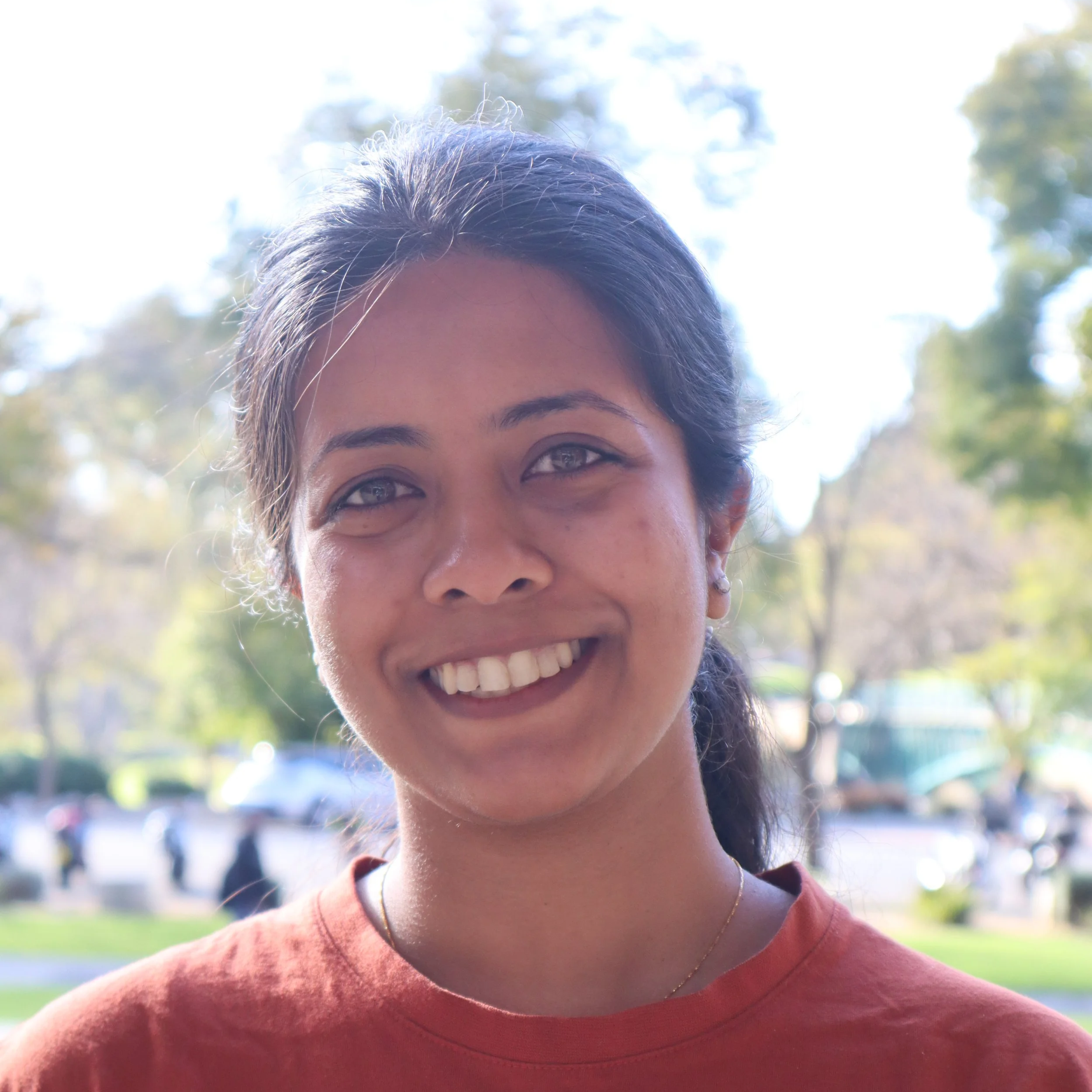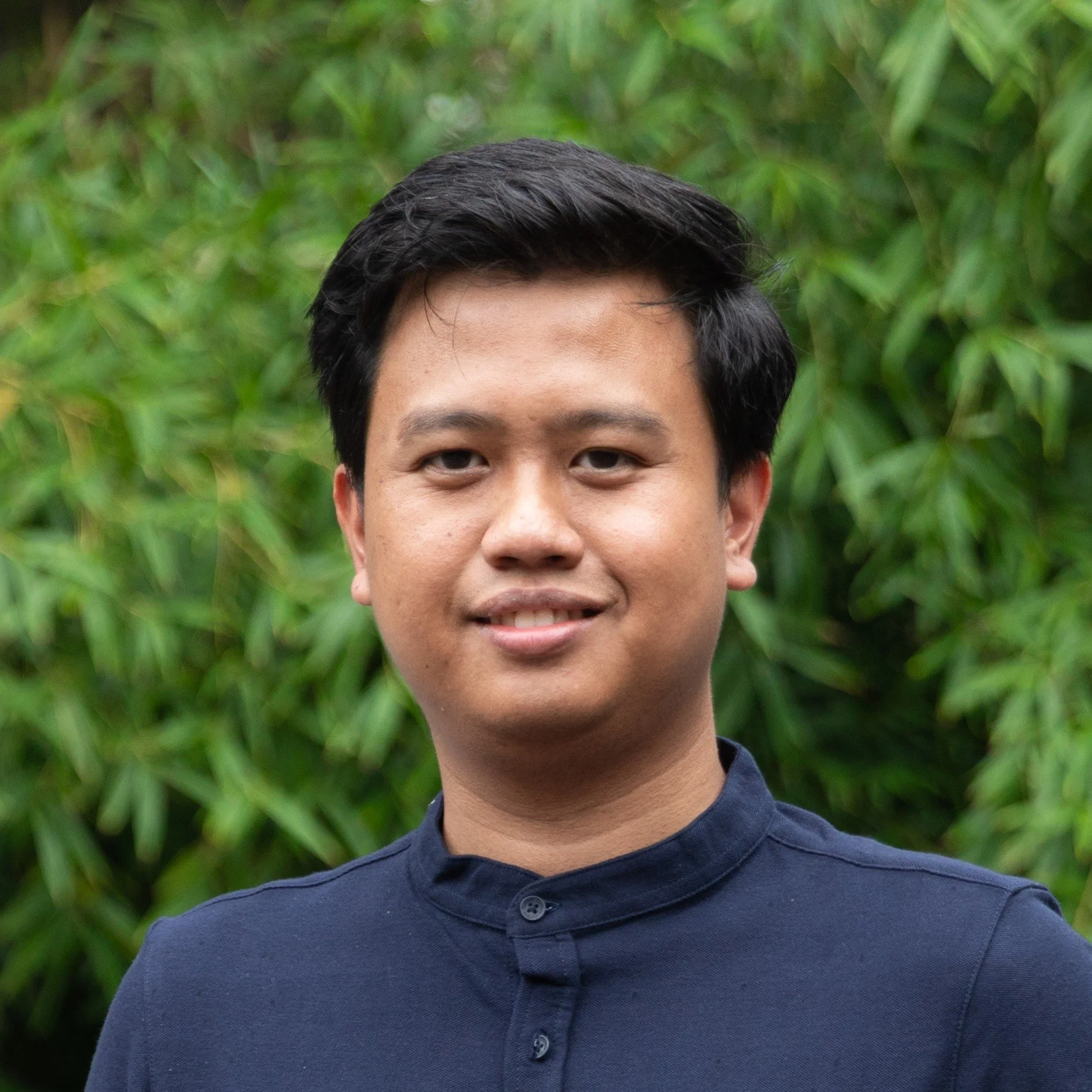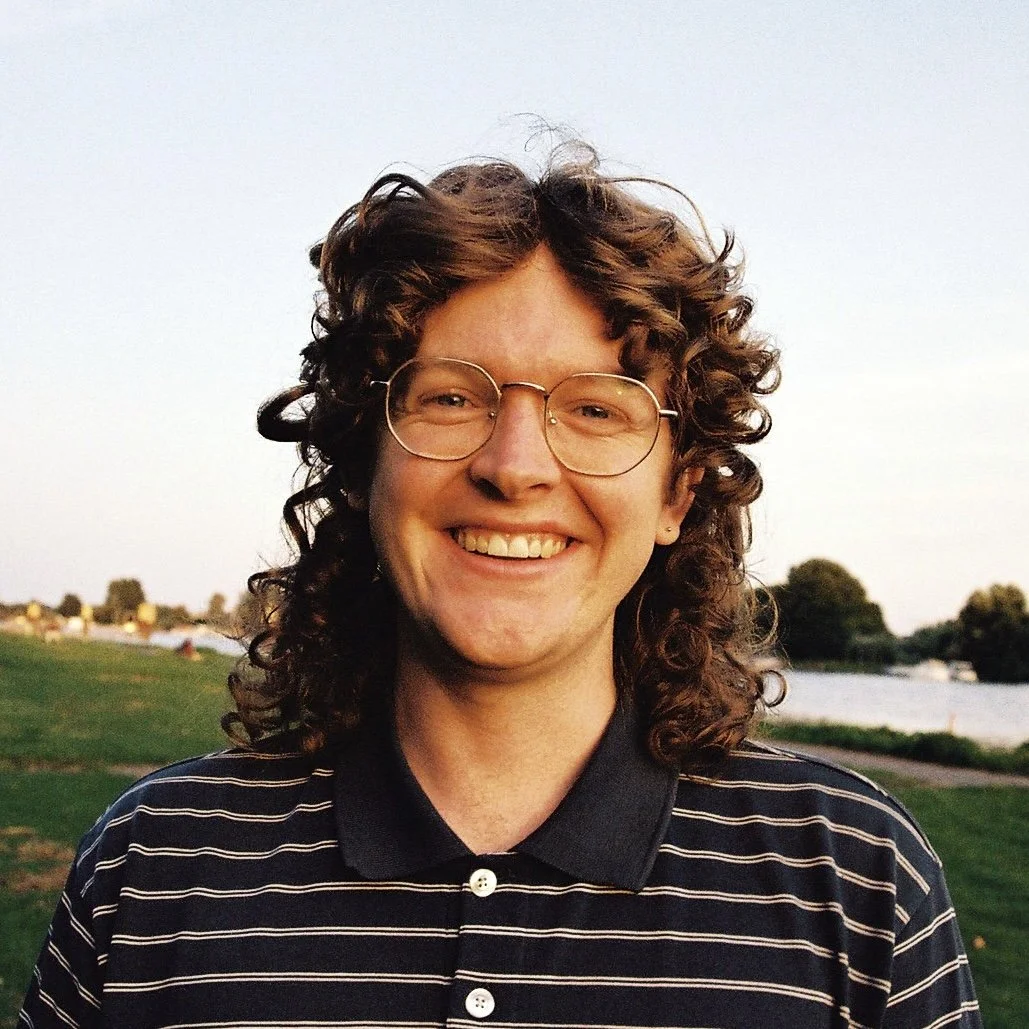
Meet The Team.
WHO ARE WE?
We are an interdisciplinary team of experts driving impactful solutions to environmental challenges. With internationally recognised strengths in environmental biosecurity, wildlife trade, forestry and fisheries crime prevention, remote sensing, wildlife forensics, cyber-crime and natural resources law, we are dedicated to safeguarding our planet's ecosystems through cutting-edge research and collaboration.
We are proud to be delivering this work in Partnership with the Australian Museum (Australian Centre for Wildlife Genomics) and a range of State Government and policing agencies from South Australia (Department of Environment & Water), Queensland (Department of Environment, Science & Innovation; Queensland Police Service), and Western Australia (Department of Biodiversity, Conservation & Attractions).
Professor Phill Cassey
-
Phill is the Director of the Wildlife Crime Research Hub. He is an inaugural Australian Research Council Industry Laureate Fellow, working to ‘Combat Wildlife Crime and Prevent Environmental Harm’. As a global change biologist, he has worked internationally in Wildlife Conservation for 20+ years, and is globally recognised as an expert in Environmental Biosecurity and researching the illegal wildlife trade. In 2019 he was named an Australian Research Leader in ‘Life & Environmental Sciences’. Phill is highly experienced at leading multiple research teams and driving a systemic culture of excellence, creativity, innovation and inclusiveness. Under his leadership the Wildlife Crime and Research Hub will co-deliver the tools, stewardship, and training required to secure Australia’s environmental assets and natural capital from current and future threats of wildlife crime.
Katie Smith
-
Katie is the Manager of the Wildlife Crime Research Hub. With a background in ecology, science communication, and policy, she brings a strong blend of writing, strategic thinking, project coordination, leadership, and stakeholder engagement skills. Katie leads a range of initiatives aimed at engaging end users and government stakeholders, supporting the adoption of research tools, increasing public awareness, and fostering novel partnerships. Her work plays a key role in translating science into actionable outcomes, driving innovative solutions to address wildlife crime.
Dr Kellie Toole
-
Kellie is a senior lecturer in the Adelaide Law School who specialises in criminal law. She works part-time in the Wildlife Crime Research Hub on various research projects relating to environmental and wildlife crime. She has a particular interest in working with industry and the legal profession to improve environmental laws and prosecutions.
Marie Beillevert
-
Rethinking the definition of environmental harm in Australia to improve nature protection
Marie graduated from the University of Aix-Marseille in France, where she majored in Criminal Law with a specialization in European Criminal Law. She is pursuing her PhD under the supervision of Dr. Phillipa McCormack and Dr. Kellie Toole and was invited to join the Wildlife Crime Research Hub as an interdisciplinary liaison. Her research bridges environmental and criminal law, focusing on the concept of environmental harm as a core component of environmental crime. Marie's project assesses how this concept aligns with environmental law's objective to protect nature, identifying systemic weaknesses to better safeguard Australia's rich biodiversity.
Shyam Sharma
-
(Co-supervised by Dr. Chris Shepherd)
Extent and threats of wildlife trade across the Pacific region
Shyam is investigating the extent and threat of illegal wildlife trade across the Pacific. His doctorate is funded by the ARC Industry Laureate grant "Combatting wildlife crime and preventing environmental harm".
Jacob Maher
-
(Co-supervised by Oliver Stringham and John Virtue)
Jacob is studying the online trade in plants. His research is primarily focussed on the trade of invasive species, but he also has an interest in threatened species. His aim is to understand the nature of the trade itself, as well as, the current and potential impacts.
Brittany Hogben
-
(Co-supervised by Prof Andy Lowe and Dr Arif Malik)
The illegal timber trade: a multidisciplinary approach for identifying at risk species and developing resources for a more sustainable timber industry
Brittany is researching the illegal timber trade, with a focus on developing forensic tools to trace the geographic origin of timber products. Britt's research is supported by the ARC Industry Laureate grant "Combatting wildlife crime and preventing environmental harm".
Rhianna Hamilton
-
An interdisciplinary study of environmental crimes in Antarctica and the Southern Ocean
Rhianna studies transboundary environmental crimes from a political and ecological perspective. Her research focuses on adapting environmental crime policies to create better ecological outcomes. Her research aims to uncover trends in the trade of species from Antarctica and the Southern Ocean with the goal of better understanding the transboundary ways in which environmental and wildlife crimes operate.
Charlie Lassaline
-
(Co-supervised by Dr Adam Toomes and Dr Erin Fagan-Jeffries)
Untangling the Web: Dynamics of the Australian Terrestrial Invertebrate Trade
Charlie is researching the trade of Australian terrestrial invertebrates. The project aims to quantify the trade that is occurring both domestically and internationally, and to identify related biosecurity and conservation risks. Additionally, Charlie hopes to raise awareness for inverterbate conservation and change people's perception and lack of appreciation for all invertebrates.
Jasmin Broadbridge
-
The trade of live coral and other marine organisms across Australia for the ornamental aquarium market
Jasmin's research is focusing on the harvest and trade of live coral in Australia. Her research will analyse trends in both domestic and international marketplaces, aiming to provide evidence for policy updates in the fishing industry by observing legal loopholes and/or unsustainable practices within management systems across Australia.
Sebastian Chekunov
-
(Co-supervised Thomas Prowse)
Drivers of the live pet trade in Australian reptiles
Sebastian is researching the international exotic pet trade with a focus on the exploitation of Australian reptiles. He aims to provide information to wildlife enforcement agencies that will aid in the prioritisation of resources towards species most at-risk, improve proactive capabilities, and ensure prosecutions result in appropriate penalties that act as effective deterrents for potential future offenders.
Aleena Iype
-
(Co-supervised by Thomas Prowse)
Aleena is investigating the diversity of parasites and pathogens in Australian traded reptiles. Her project uses molecular techniques, to assess zoonotic risks and contribute to improved biosecurity and animal welfare strategies, helping to reduce the risk of disease outbreaks linked to the wildlife trade.
Dr Isabelle Onley
-
Quantifying Wildlife and Environmental Crime in Australia
In Australia, we are losing huge areas of habitat and many of our charismatic and unique species to the impacts of environmental and wildlife crimes like illegal logging and wildlife trafficking. I am leveraging under-utilised data sources to quantify the scope and extent of this issue in Australia, to assist law enforcement and governments in identifying key areas for optimal resource allocation.
Dr Teresa Tiedge
-
Investigation and Application of Novel Forensic Genetic Methods to Combat the Illegal Wildlife Trade
Teresa’s research experience includes the forensic analysis of human and non-human DNA using next generation sequencing. As a Postdoctoral Research funded through the ARC, she will be working jointly between the University of Adelaide and the Australian Centre for Wildlife Genomics at the Australian Museum to develop new DNA methodologies to combat wildlife crime in Australia.
Dr Damien Huffer
-
The Overlap Between Heritage Crime and Wildlife Crime Online
Damien is an osteoarchaeologist by training, since diverged into human remains trafficking and cultural heritage crime research. Damien contributes to "Big Tech" policy reform and outreach initiatives around online crime and digital safety as a founding member of The Alliance to Counter Crime Online. As part of the Wildlife Crime Research Hub, he is investigating how heritage crime and the licit and illicit wildlife trade overlap online, and how current Australian and international legislation and policy can be strengthened to address this convergence.
Researcher Profile | Bluesky
Freyja Watters
-
Wildlife Trafficking and Crime in Southeast Asia
Freyja is researching selective regulation and its impacts on the legal international trade of wildlife.
Falih Febrinanto
-
Falih’s research focus is on creating machine learning and deep learning frameworks for tasks such as forecasting, classification, clustering, and anomaly detection across various modalities, including vision, time series, audio, and graph data. Falih enjoys working on projects that involve the full end-to-end process, from data cleaning and augmentation to model building and result visualisation.
Sean McGowan
-
Sean McGowan is a PhD graduate from the School of Mathematics at the University of Adelaide exploring the application of dynamical systems theory and data science to analyse real complex systems. Sean's research interests revolve around how to best estimate, predict, and control dynamical systems when only inaccurate models and imperfect data are available. This extends from study into data-driven dynamical systems to data assimilation and across fields including meteorology, climate science, and biomedical sciences.
Dylan Chadwick
-
Global trends in the illegal wildlife trade and CITES issues from an Australian perspective
Dylan is committed to producing meaningful research in environmental crime and the illegal wildlife trade, hoping his hands-on experience and energetic approach will drive impactful outcomes.
Claire Williams
-
In bringing together both expertise in law and science, Claire is a postdoctoral researcher examining the fragmented and inconsistent existing legal framework across Australia in Wildlife and Environmental Crime, with the aim of supporting the development of novel legal mechanisms that protect natural resources more effectively. This project is supported by the Australian Research Council.

